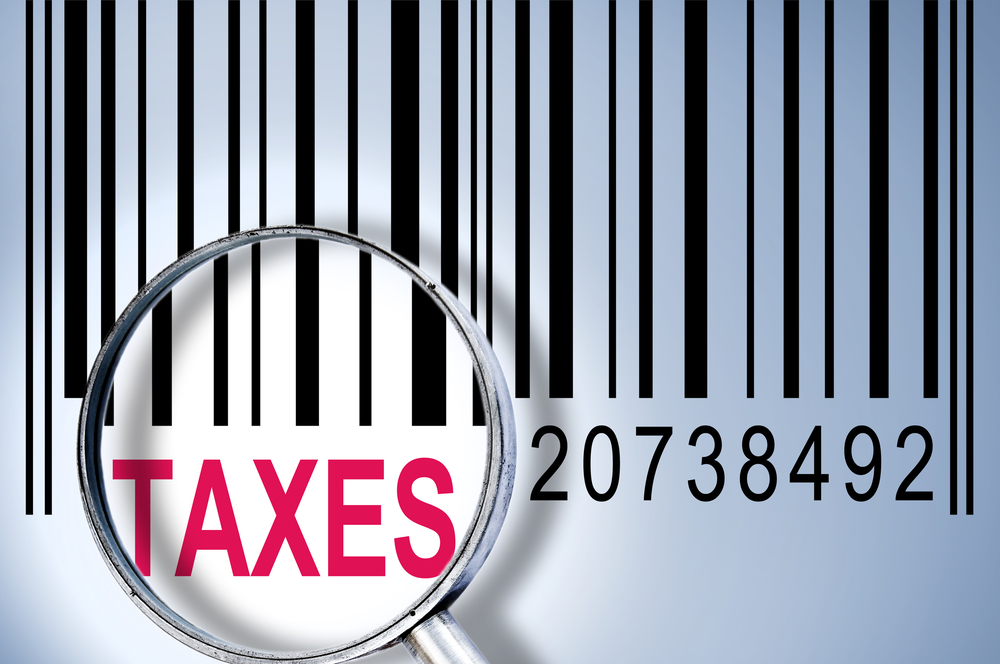Registering a DBA can provide your business with an easy and inexpensive way to operate under your chosen name. However, if a DBA – otherwise known as a trade or fictitious name – is not considered a legal entity, can it have a tax ID number?
To start off, what is a DBA?
A DBA (or Doing Business As) is the registered name or nickname under which a business formally registers to operate. Businesses such as sole proprietors, partnerships and LLCs can all register a DBA and conduct business operations under that chosen name. A DBA is not, however, considered a legal entity and it therefore cannot be used without being registered by either a sole proprietorship or an already incorporated business. DBA’s are only considered valid in the jurisdiction in which they are registered and offer no legal liability protection and there is no separation, or “corporate veil”, to protect you in a personal capacity against any liability claims or debts incurred. Incorporated companies that register DBA’s can enjoy more protection if their existing entity provides it, but a DBA cannot provide protection in its own right. The particular laws around DBA’s vary per state and jurisdiction and it is important that you learn more about how to register a DBA and what you’ll need before you start the process.
How are DBA’s taxed
If you are a sole proprietor
When starting a business as a sole proprietor, a DBA can offer your business an easy way to formally operate under a name that is different to your own and maintain a vital separation between you and your business. When taxes need to be filed for the business operations of the DBA, it is in fact the formally registered business that will pay tax for any operations on behalf of the DBA. This means that for sole proprietors operating under a DBA, taxes are filed through the personal income tax return of the sole proprietor and effectively “pass through” the company, the DBA will not be required to file any tax returns. Sole proprietors are required to pay self-employment taxes (which are 50% deductible), but the process is otherwise simple and efficient and requires minimal paperwork from the DBA itself.
If you are an incorporated company
DBA’s grant incorporated companies an opportunity to open new “businesses” without having to go through the administration of registering new entities and risking their brand name and consumer loyalty in these new business ventures. When an incorporated company operates under a DBA, their taxes are filed through the company’s existing tax channel. LLC’s – who are able to choose to either file as an s-corp or corporation – file their taxes in their chosen capacity and even if the business entity has multiple DBAs registered to one LLC, they are able to file a single tax return which contains all of the necessary DBA tax information. A partnership tax structure operates on a similar principle to that of sole proprietors, where taxes are “passed through” the company and are reported through personal income tax returns. Partnerships differ in that they may have multiple partners who are required to file and there is an additional form to complete when filing returns, but just like sole proprietors the partnership itself will not be required to submit a company tax return.
So, can your DBA have a Tax ID number?
Because, as we mentioned before, a DBA is not considered a legal business entity and any taxes from resulting business activities are paid to the IRS through either the personal income taxes of the sole proprietor, or through the incorporated business’ existing tax payment channel. As such a DBA is not able to apply for a tax number. All taxes and necessary documentation are filed and processed through the legally registered company on whose behalf the DBA operates. Ultimately a DBA cannot apply for a tax number, but the company to which its registered can and will most likely be required to do so.



